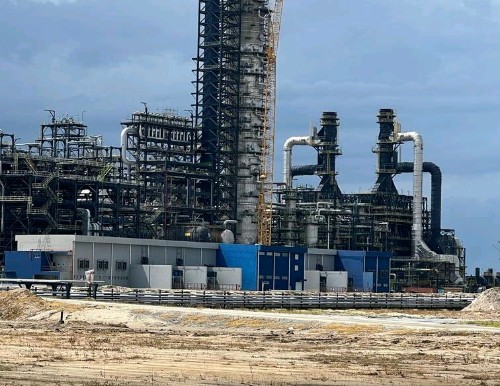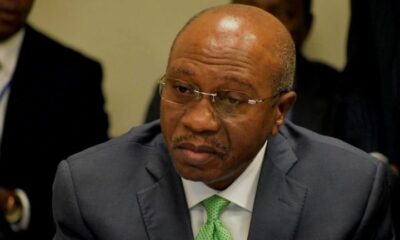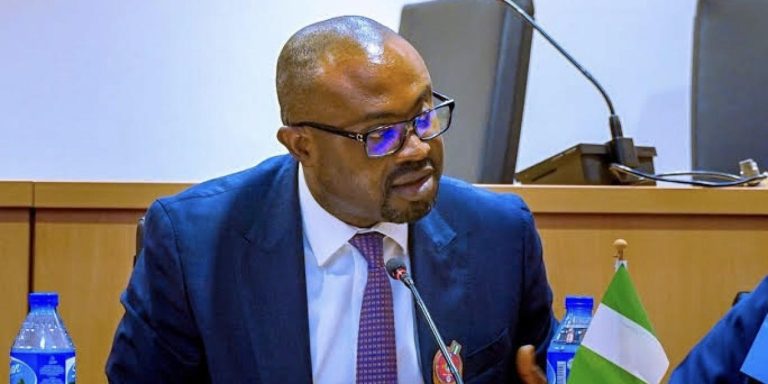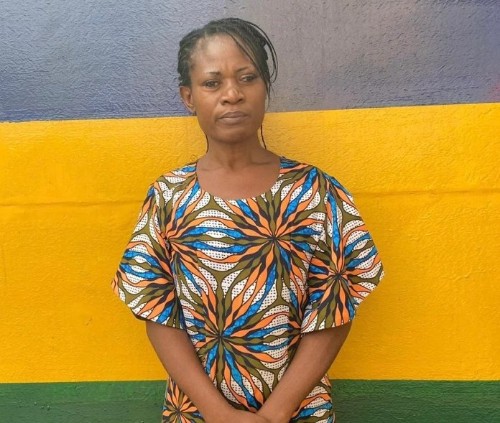President Muhammadu Buhari has inaugurated the Dangote petroleum refinery, an illustrious project expected to catalyse the transformation of Nigeria’s energy sector.
Buhari inaugurated the facility on Monday in Lagos, the nation’s commercial city, as bigwigs, industry players, and presidents of African countries, gathered to witness the unveiling of a $19 billion facility, set to revolutionise crude oil refining in Africa.
The landmark inauguration comes a decade after Aliko Dangote, Africa’s richest businessman, announced plans for the refinery in September 2013, when he secured about $3.3 billion in financing for the project.
It also comes after efforts to begin production at the facility failed twice: the first time was in October 2019 when a top official said the project would be ready in 2021.
The second time was in January when Dangote said the refinery would begin processing crude by the third quarter of 2022.
Speaking at the inauguration Buhari said facility has the capacity to process 650,000 barrels a day of crude which would enable “our country to achieve self-sufficiency in refined products, and even have some surplus for export”.
“This clearly makes this event a notable milestone for our economy and a game-changer for the downstream petroleum products market, not only in Nigeria, but the entire African continent,” the president said.
Buhari, stressing on the significance of the project, said Nigeria’s economy has been stressed for many decades by efficiencies in economicinfrastructure and over a decade of insurgency.
He said has also been severely impacted by several external crisis including the global financial crisis, the collapse of oil prices, the COVID-19 pandemic and the Russia-Ukraine war.
‘Our Economy Will Be Challenged Without Private Sector Participation’
According to the president, the consequences of these challenges constitutes a severe strain on “our economy, limiting government’s ability to provide basic infrastructure without resorting to huge borrowings.
“Our government, therefore, took the decision to focus attention on creating an enabling environment for the private sector to thrive and fill the enormous depth in investments not only in infrastructure, but also in all critical sectors,” Buhari said.
“We recognise that without active participation of the private sector and a strong commitment to public private partnership, our economy will continue to remain severely challenged.
“Government, therefore, will and should continue to provide an enabling environment and encourage innovative public private partnership in all sectors of our economy.”
The Dangote Petroleum Refinery, with a capacity to process 650,000 barrels of oil per day (bpd), is sitting on 2,635 hectares of land located in Dangote Industries Free Zone in Ibeju-Lekki, Lagos, and will employ over 100,000 persons.
The coming onstream of the project is expected to mark Nigeria’s exit from the league of oil-rich nations which are heavy importers of petroleum products.
It expected that the new refinery would meet 100 percent of the Nigerian requirement of all refined products (gasoline, 53 million litres per day; diesel, 34 million litres per day; kerosene, 10 million litres per day, and aviation jet, (2 million litres per day), and also have a surplus of each of these products for export.
The refinery is also said to be designed for 100 percent Nigerian crude with the flexibility to process other crudes.
Dangote, addressing guests at the event thanked Buhari for his unwavering commitment to the project.
He promised that petroleum products from the refinery would circulate in the Nigerian market soon.
“Our first goal is to ramp up projections of various production to ensure that within this year, we are able to fully satisfy our nation’s demand for higher quality products to enable us to eliminate the tragedy of import dependency and stop, once and for all, the dumping in our market of toxic substandard petroleum products” the billionaire said.
“Our first products will be in the market before the end of July, beginning of August this year.”

 BIG STORY2 days ago
BIG STORY2 days ago
 BIG STORY5 days ago
BIG STORY5 days ago
 BIG STORY4 days ago
BIG STORY4 days ago
 BIG STORY15 hours ago
BIG STORY15 hours ago
 BIG STORY4 days ago
BIG STORY4 days ago
 BIG STORY3 days ago
BIG STORY3 days ago
 BIG STORY3 days ago
BIG STORY3 days ago
 BIG STORY4 days ago
BIG STORY4 days ago






















